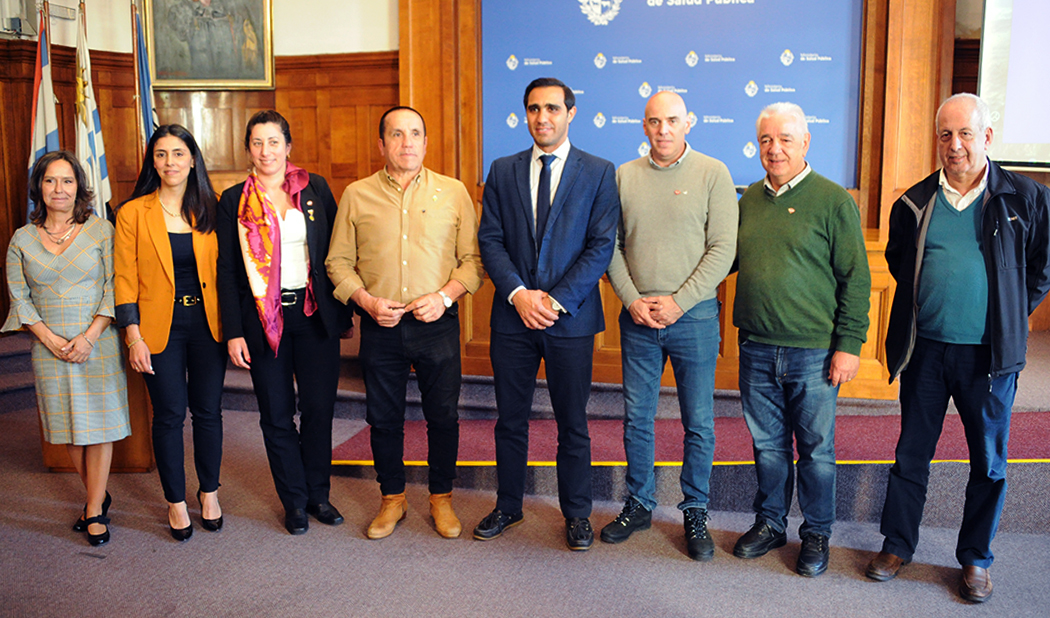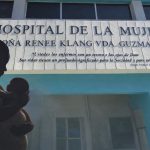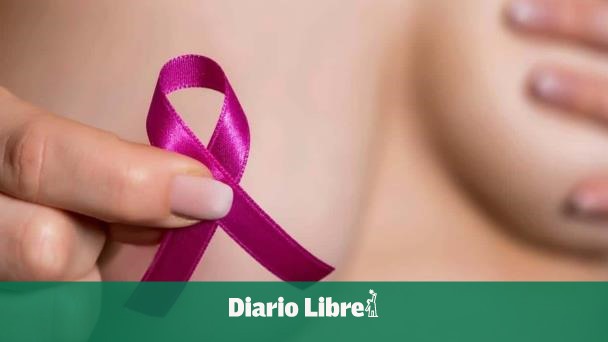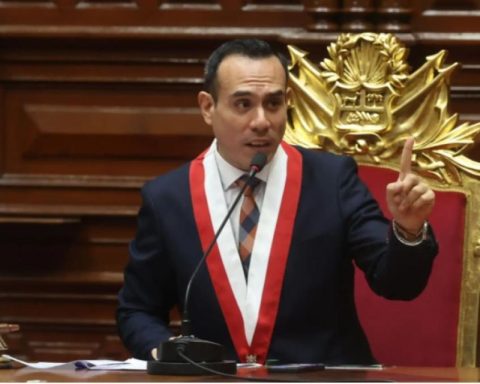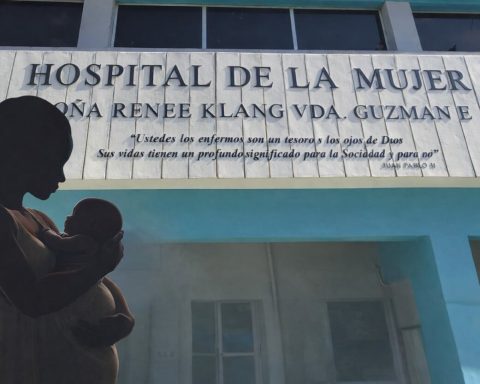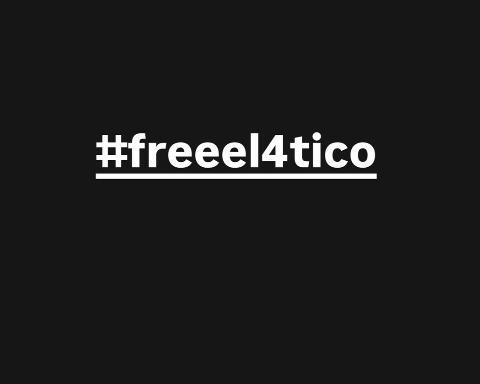Some 2,000 community leaders will receive training in mental health
The Ministry of Public Health (MSP) will offer training to people who are not linked to health and who, due to the place they occupy in the community, have the possibility of identifying people at risk of suicide and directing them to professional help. The undersecretary of the portfolio, José Luis Satdjian, considered that this is an innovative strategy that is implemented in other countries with good results.
In addition to Satdjian, the general director of Health, Adriana Alfonso, attended the presentation of the training plan; the coordinator of the Mental Health program, Alejandra Moreira, and the project coordinator, Andrea Mangino.
Satdjian explained that community leaders are people who do not belong to the health system, but who have permanent contact with the population, such as taxi drivers, teachers, professors, soldiers, police officers or hairdressers, among others. The MSP will offer them training so that they can identify suicidal risks and refer people to centers that offer professional help.
In the first instance, some 2,000 references throughout the country will be trained. Participants will receive basic knowledge about mental health, communication and active listening techniques, crisis management strategies, and resources available in the community, such as emotional support lines or suicide prevention lines.
The leader valued the strategy as “new” and assured that it will have an impact on people’s lives. “The design comes out of the ordinary, from the traditional, which is working within health institutions,” he said, adding that mental health requires an approach from the community. The experience has academic support and is already being used in other countries, such as the United Kingdom, with good results, he added.
The initiative is part of the mental health plan carried out by the Government. “It is no longer a taboo or stigmatizing topic,” he said. This training is added to other actions, such as halfway houses, the registration of self-elimination attempts, the departmental suicide prevention commissions, communication campaigns and the reorganization of attention to demand in health centers.
